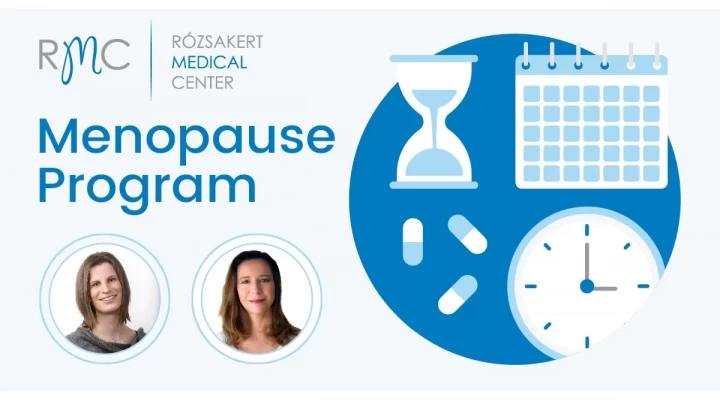However, not only is COVID-19 itself dangerous, but also the effects of the pandemic. Especially if – due to an understandable fear of the virus – we put off undergoing screening tests that can save lives through the early diagnosis of chronic and severe diseases.
In other words, now is the time to book your next screening appointment!
What kind of screening tests do we recommend and with what frequency?
Complex screening packages
- RMC Annual Checkup
- RMC Health Maintenance Screening Programs
- School Screening Packages
- Prostate Screening
- Complex Women’s Screening
- Screenings For Children
- Newborn Care At Rmc
- Post-COVID Infection Assessment At RMC
It's also a good idea to have a check-up after recovering from a coronavirus infection!
Some symptoms may persist even after your initial recovery, while complications could develop that might increase the severity of any chronic diseases or conditions, as well as impact your general level of well-being. The RMC medical team is available for patients who would like to have a post-COVID examination.
Any questions before booking an appointment?
If you are unsure which doctor to see or what examination you require, we are here to help!
Simply request a free callback from one of our colleagues, who will help you find the right specialist based on your specific issue.





